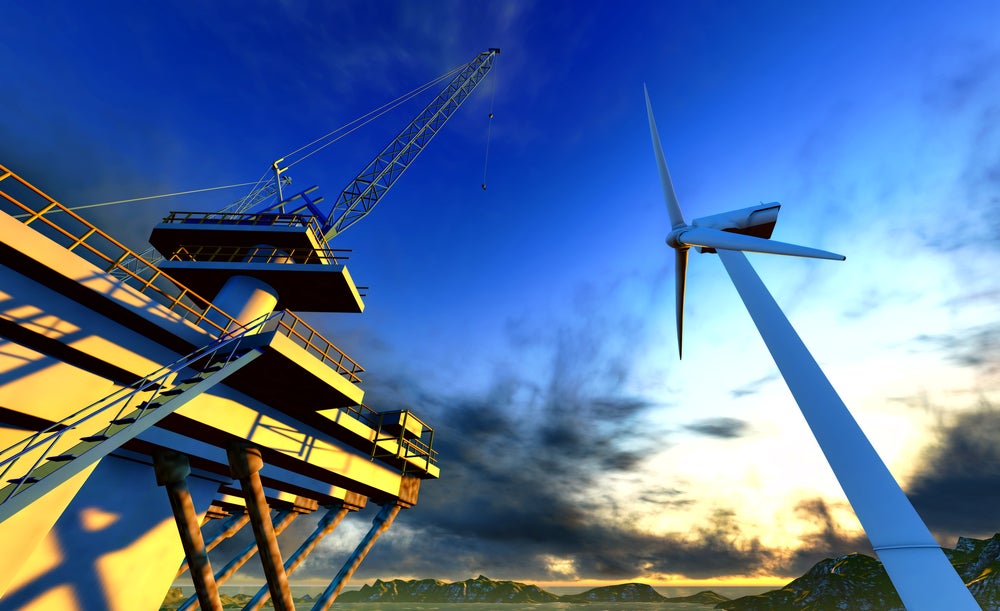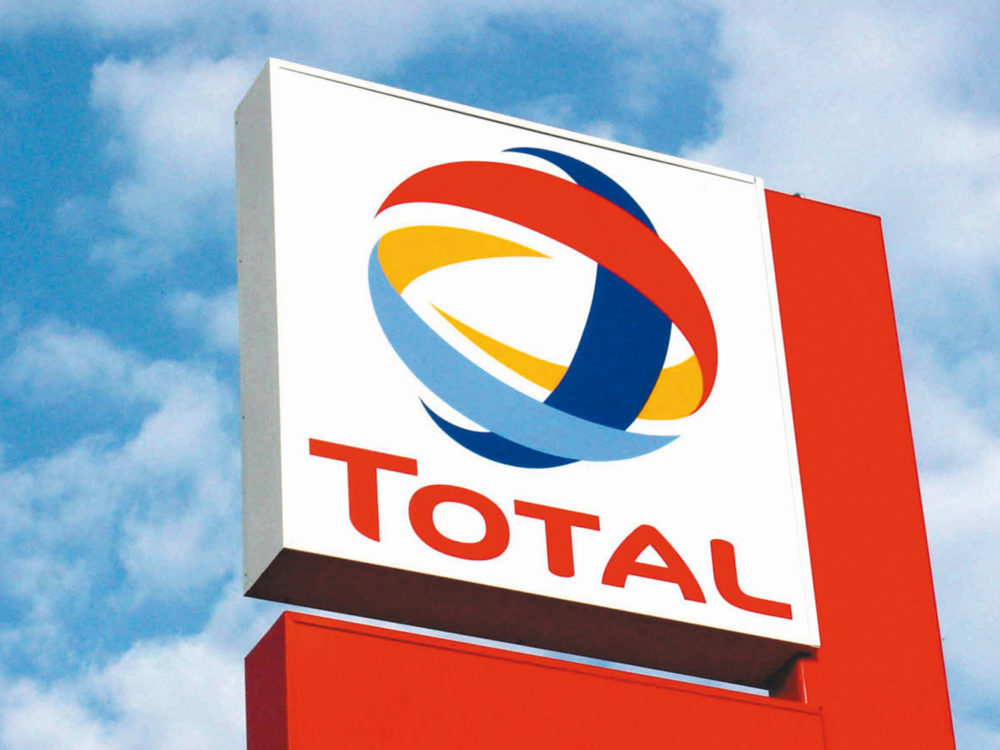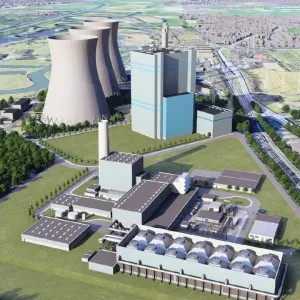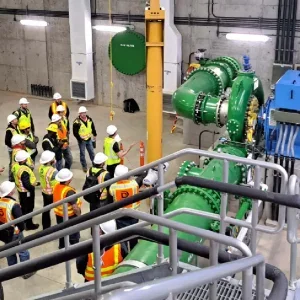
BP and Shell are just two of the five major oil companies that have set net-zero targets in a bid to reduce emissions.
These ambitions fall in line with the climate goals set out in the Paris Agreement, which aims to cap the rise in global temperatures at “well below” 2C above pre-industrial levels by 2100, with 1.5C being the ideal scenario.
Net zero refers to the balance between the amount of greenhouse gas (GHG) produced in comparison to how much is removed from the atmosphere, with carbon neutrality reached once the amount added is no more than the proportion taken away.
According to the International Energy Agency’s (IEA) World Energy Outlook 2018, indirect GHG emissions from oil and gas operations, including both carbon dioxide and methane emissions, make up about 5.2 billion tonnes of carbon-dioxide equivalent.
These emissions – which do not include any emissions associated with the actual consumption of the fuel – amount to about 15% of the energy sector’s total GHG emissions.
Following intensifying pressure from investors to take action on environmental issues, oil firms have started pumping billions into renewables in a bid to help clean up the economy and look towards a potential future beyond high-polluting fossil fuels.
Here, NS Energy details which major oil companies have set net-zero emissions targets.
Major oil companies with net-zero emissions targets
BP – 2050
In February 2020, BP chief Bernard Looney outlined his vision for the oil major to “reimagine energy” and become a net-zero company by 2050.
The London-headquartered firm’s pledge includes tackling about 415 million tonnes of absolute emissions from both its operations and the carbon content of its upstream production, known as Scope 1 and 2 emissions respectively.
It has also committed to cutting the carbon intensity of the products it sells – Scope 3 emissions – in half by 2050.
As part of its low-carbon energy commitments, the company is aiming to achieve 50 gigawatts (GW) of renewable energy capacity by 2030.
Shell – 2050
Royal Dutch Shell stepped up its plans to become a net-zero emissions business in March 2020.
The Anglo-Dutch oil giant said it will eliminate all Scope 1 and 2 emissions by 2050 “at the latest” and is aiming to reduce its Scope 3 emissions by 65% by 2050, with an interim target of a 30% reduction by 2035.
The remaining 35% will be met by engaging with customers to help them cut their own emissions, while pivoting away from carbon-intensive business partnerships over time.
The plan updates a previous climate strategy set out in December 2017, expanding and accelerating the scope of its ambitions to “stay in step with society”.
Total – 2050

In May 2020, Total aligned itself with its other European peers by setting out its plans to reach net-zero emissions by 2050.
In the French oil majors outlined climate strategy, it is targeting net zero across all of its operations and products – encompassing Scope 1, 2 and 3 emissions – by 2050 or sooner, with a recent investment flurry on clean energy assets part of the move designed to position it as a “broad energy company”.
Total is aiming to hold a renewable generation capacity of 25GW by 2025, with plans to dedicate 20% of its capital investments to clean energy projects during the next decade.
Repsol – 2050
Spain’s oil and gas specialist Repsol became the first company in the sector to commit to achieving net-zero emissions across its business by 2050 in December 2019.
From a baseline indicator of 2016 levels, the energy firm is aiming to reduce its carbon emissions 10% by 2025, 20% by 2030 and 40% by 2040, ahead of an overall net-zero output by 2050.
Carbon capture and storage technologies will be widely implemented to reach these goals, although Repsol said measures such as reforestation and other natural climate sinks may also be used.
Equinor – 2050
Equinor announced in November 2020 its ambition to reach net-zero emissions by 2050 as part of its plans to become a “broad energy company”.
The Norwegian majority state-owned energy firm’s commitment builds upon its goals presented earlier this year to achieve carbon neutral global operations by 2030 and to reduce its absolute greenhouse gas emissions in Norway to near zero by 2050.
Equinor views renewables as a “significant growth area” and has set ambitions for profitable growth within clean energy. It expects a renewable production capacity of between 4GW and 6GW by 2026, with the hope of reaching between 12GW and 16GW by 2035.






